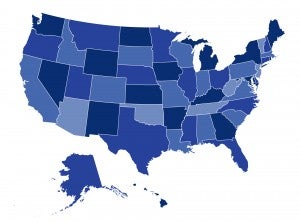Stakeholder Perspectives on CMS’s 2023 Notice of Benefit and Payment Parameters: Consumer Advocates

In the recently released 2023 “Notice of Benefit & Payment Parameters,” the Biden administration is proposing significant changes to the Affordable Care Act marketplaces. In the first of a three-part series, CHIR’s Emma Walsh-Alker and JoAnn Volk reviewed public comments from multiple consumer advocacy organizations about the impact of the new policies on marketplace beneficiaries. Reviews of comments from insurers and state marketplaces and insurance departments will follow.





